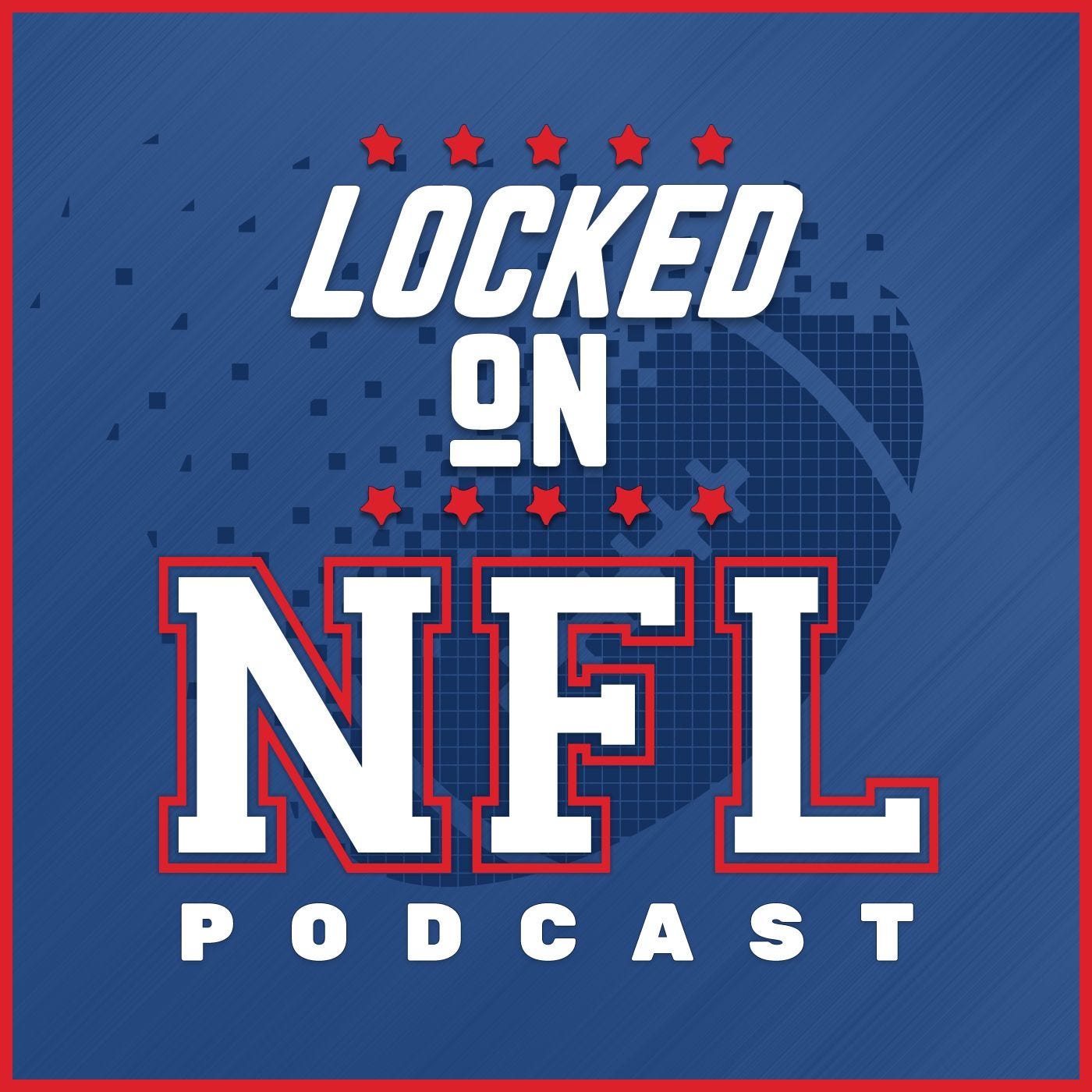NFL Commissioner Roger Goodell faced reporters on Wednesday, ahead of Super Bowl LVI on Sunday.

Among the many topics he was quizzed on was the bombshell racial discrimination lawsuit brought by former Dolphins coach Brian Flores, as well as the ongoing scandals engulfing the Washington Commanders.
On the topic of hiring and retaining Black and minority executives and head coaches, Goodell seemed contrite while taking responsibility for the NFL's failings, and he claimed that the issue is one of the league's top priorities -- and has been for several years.
This claim prompted sneers in some corners of social media, but there's little doubt that the NFL is acutely aware of its glaring diversity issues, and, presumably, it would genuinely like to change what has become a major black eye (no pun intended) for the league.
But it begs the question of whether the NFL can change, if in fact it even wants to.
This is in no way to suggest that Goodell and the owners should be let off the hook for what are blatant double standards.
After all, Colin Kaepernick was blackballed for all the world to see, all while Black executives and coaches continue to be held to higher standards than their white counterparts in order to get their jobs and keep them.
But it shouldn't be forgotten that back in 2020, Goodell basically publicly begged a team, any team, to sign Kaepernick -- and to no avail.
Goodell's change of heart on Kaepernick was understandably met with skepticism, but, against the backdrop of the biggest mass protest movement in US history, even he surely finally understood the wretched optics of how the former 49ers quarterback was treated.
Of course, it shouldn't have to come down to optics, but we won't hold our breath on the league being proactive on doing the right thing in most cases. Nor do most big businesses.
In any event, it can't be lost on Goodell that the league has actually gone backwards on issues of race since the inception of the Rooney Rule, which almost surely was not the intent.
There's myriad conclusions to be drawn from this, but it's clear that representation does not beget more representation, and it certainly doesn't lead to the kind of systemic change that is necessary to fundamentally alter the dynamics of a league that has zero Black owners and only a relative handful of Black executives and coaches -- all despite a majority-Black player pool.
These are contradictions that transcend football, as ESPN's Louis Riddick noted during the network's coverage of Goodell's media session on Wednesday.
The addition of a Black owner to the league's all-white ownership ranks might help, something Goodell is aware of. He said league officials have met with media mogul Byron Allen, who is Black, about his interest in buying a stake in the Denver Broncos.
But the average NFL team is worth about $3.5 billion -- while, by most reports, there are fewer than 10 Black billionaires in the US, and only a few more than that worldwide.
Setting aside for a moment the issue of whether billionaires should exist at all, it's not difficult to see how this wealth inequality very easily translates to a lack of diversity at the highest ranks of the league and on down from there.
Goodell said the right things about diversity on Wednesday, and there's reason to think he believes it. But actually doing something about is probably beyond his seemingly limited vision, and almost certainly beyond his apparently limited powers.
As the league's top official, Goodell is said to be paid somewhere around $64 million annually. Chief among his duties is what he did on Wednesday -- to stand on the firing line in front of reporters, so that the league's ultra-wealthy, white owners don't have to.
He's gotten much better at it in his 16 years at helm, deftly answering the few tough questions he faced without any major errors on Wednesday, including when he declined to address the specifics of the Flores case while pledging to do better in tackling discrimination broadly.
But, beyond that, Goodell's abilities are less clear. And to expect him to bring about systemic change in a league that seems wholly resistant even to modest diversity initiatives, is probably wishful thinking.
LISTEN on the Audacy App
Sign Up and Follow Audacy Sports
Facebook | Twitter | Instagram